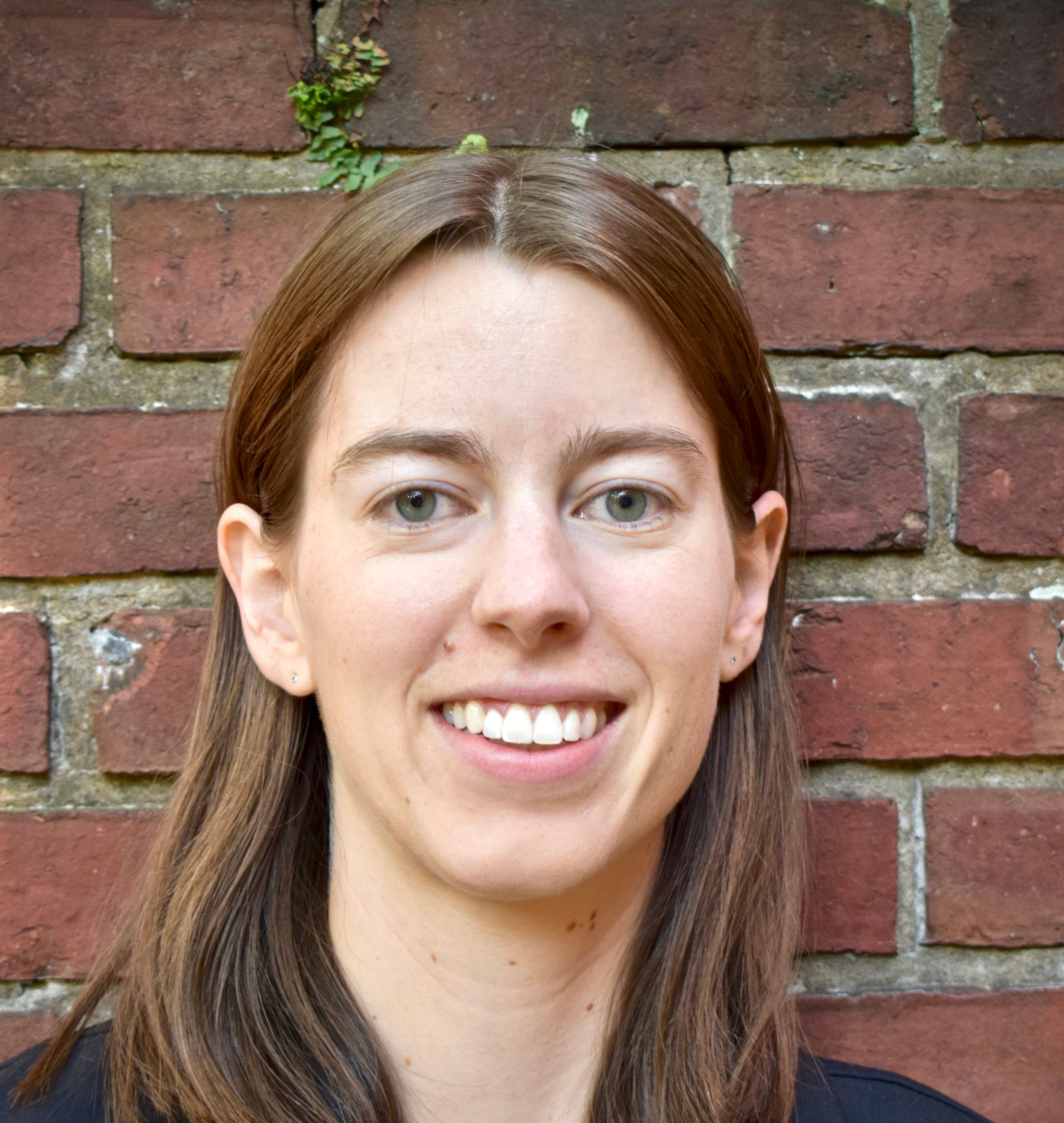Introducing the New John N. Bahcall Public Policy Fellow

Julie Davis American Physical Society (APS)

My name is Julie Davis, and it is a great honor to introduce myself as the new John N. Bahcall Public Policy Fellow. I am arriving in Washington, DC, with a PhD still hot-off-the-press from the University of Wisconsin-Madison, where I defended my thesis on topics in galaxy formation and evolution only one month ago. Having made a mad dash from the dissertation to DC, I’m ready for the frenetic pace of life in the capital, where I am greatly looking forward to advocating for the AAS and the field of astronomy more broadly.
Finding my way to Washington was a slow evolution from aspirations of academic tenure to a surprising passion for “other” aspects of science — communication, service, organization, and advocacy. The first seeds of this interest were planted during my undergraduate study when I took a course on space science policy, and again in graduate school when I participated in the 2017 AAS Congressional Visits Day. Though I enjoyed the science I was doing, I found that I was equally interested in the administrative and policy landscapes shaping those same scientific endeavors. I benefitted immensely from my PhD advisor, Prof. Eric Wilcots, and his willingness to “put on his dean hat” in our weekly meetings to humor my endless questions about how the university and different scientific management bodies worked.
The modern policy landscape that astronomy faces today has grown more complex than ever, with increasingly sophisticated observatories and space missions colliding with an explosion in commercial communications and space applications. I experienced first-hand as a radio astronomer the pain of dealing with data shot through by radio frequency interference and have watched with concern the development of satellite constellations and their resulting effects on our most ambitious projects. However, as astronomers, we sometimes struggle to reach beyond our ivory tower, and we could often stand to improve our communications with non-academic stakeholders to address these issues. Advocacy demands that we build better relationships, and to this end I pursued a PhD minor in science communication in my last two years of graduate school. I learned much about building trust and navigating politicized scientific topics. I hope to leverage this knowledge and the time I spent working both in academia and as an intern for Lockheed Martin to help chart a mutually satisfying course forward — both for astronomy and for the technological innovations that help improve our daily lives.
Astronomy itself has also become more complicated. Modern astronomers must reckon with challenging prospects for funding and employment, as well as our place in a still-unequal society and as inhabitants of a planet undergoing drastic, anthropogenic climate change. As the Bahcall fellow I will continue the necessary work of securing and improving funding for our scientific endeavors, as well as championing the consensus priorities of the field laid out in the Astro2020 decadal survey. Additionally, I hope to contribute to the progress of our field towards equity and sustainability. I look forward to building on the work of all the amazing committees of the AAS, the previous Bahcall fellows, and the broader AAS membership who are working tirelessly to improve things in their own departments and institutions.

